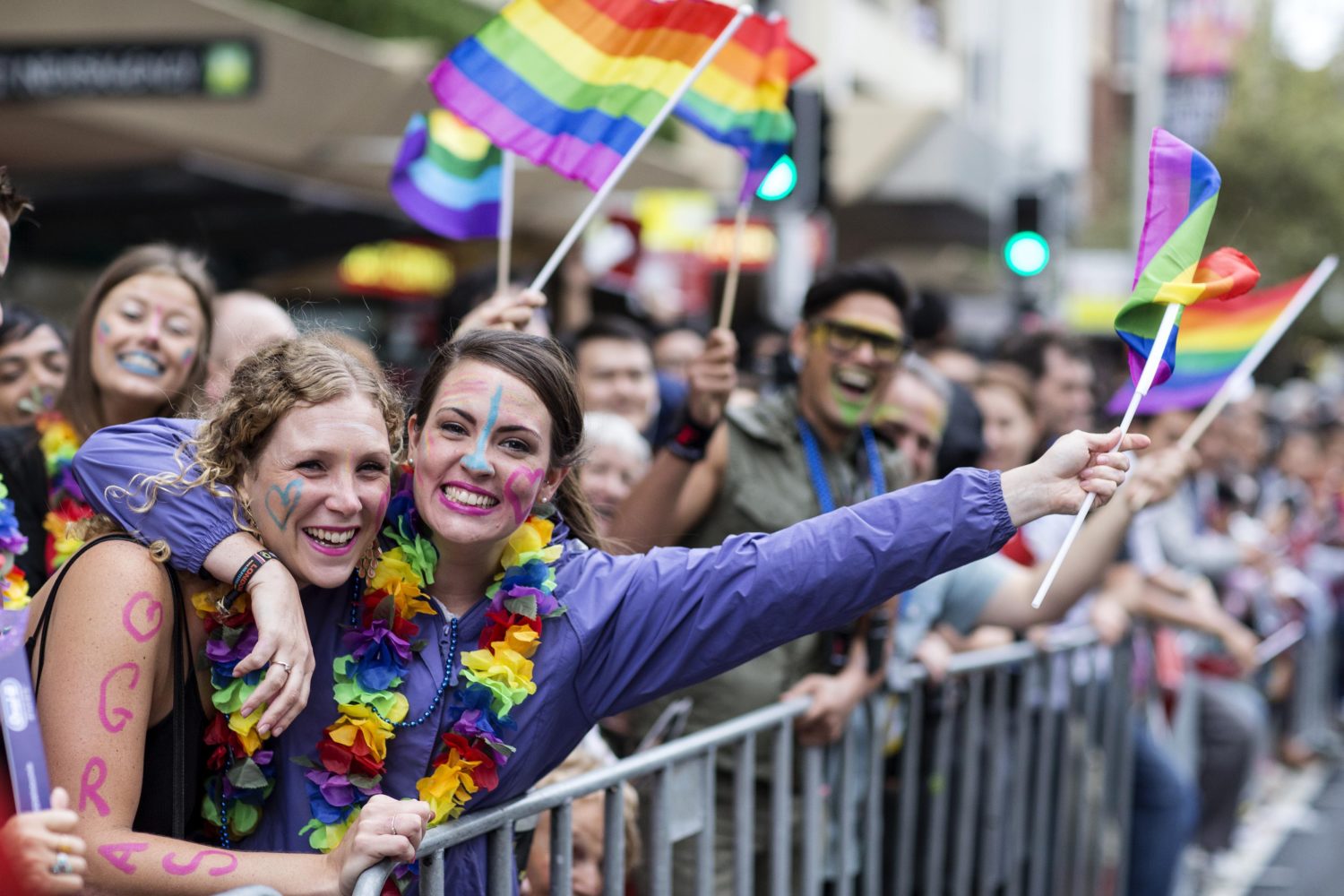Supporting the wellbeing of LGBT & questioning children and young people
All children and young people have the right to support for their emotional wellbeing. Lesbian, gay, bi, trans and questioning (or ‘queer’ as some people prefer the ‘q’ to stand for) children and young people tend to have poor emotional wellbeing and mental health due to pressures primarily caused by the society around them. Queer futures published a study on LGBT youth self-harm and suicide in June, 2016, and some of the findings have been included within this blog.
When working with individuals who are LGBTQ there are many things to bear in mind, but the most important to remember is that they are individuals who should not be reduced to a label, no one should be.
How to help:
- Listen
- Support
- Respect
- Learn
- Be calm and patient
- Inform

Emotional wellbeing
A large part of supporting emotional wellbeing it is our responsibility to make sure that children and young people know that they can trust us and we will listen with respect. Being able to openly talk, receive appropriate support and read accurate information could reduce the high rates of:
- Eating disorders
- Self-harm
- Inability to form healthy relationships
- Self-loathing
- Shame
- Depression
- Internalised homophobia
- Anxiety
- Suicidal feelings
- Panic attacks
Mental health difficulties are mainly caused by the reaction of the society we live in, not being LGBTQ. Social support is vital to supporting emotional wellbeing and mental health.
If someone has told you that they are LGBTQ…
You’ll probably be actively supporting the emotional wellbeing of a child or young person who is LGBTQ if they have chosen to tell you. “Coming out” is a never ending process and usually happens in each new situation and as new people enter lives. No matter how many times people go through this process, they can still be faced with insensitive comments and negative judgements. This is true for so many people, including those with disabilities and specific needs. Here are a few bits of advice to help if you are in that situation.
‘Coming out’ is a never ending process
Do…
- Accept what they say
- Ask if they would like you to tell a particular person
- Listen with an open mind
- Offer your support
- Thank them for trusting you
- Be encouraging
- Talk
- See the person holistically
- Be respectful
Don’t…
- Tell others who you think would like to know without permission
- Ask if they are sure
- Ask them to prove it
- Say that it’s just a phase
- Tell them that you always knew
- Pressure them to tell anyone
- Stigmatise
- Reduce a person to being LGBTQ
- Treat it as a problem
- Refer to it as a safeguarding issue
Don’t shy away from talking about LGBTQ, but please, do it with respect and no judgement. If you are unable to do this then direct the child or young person to someone who can.











